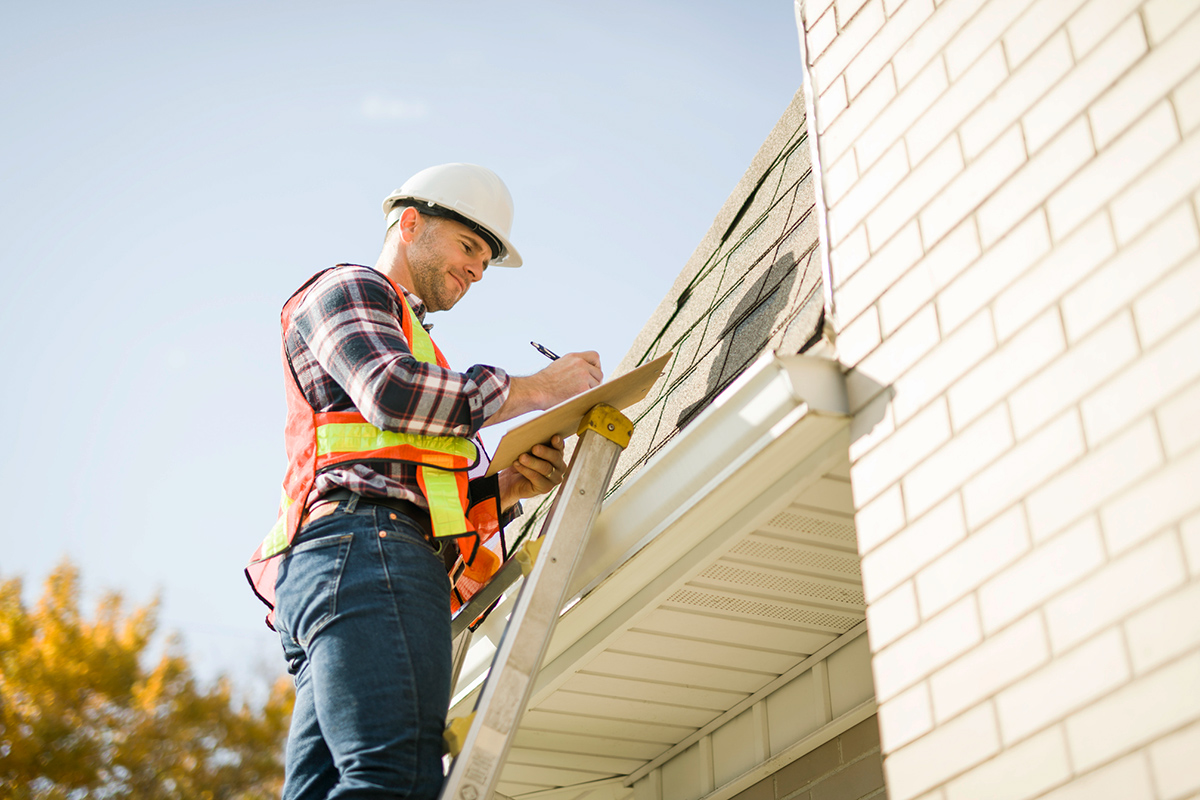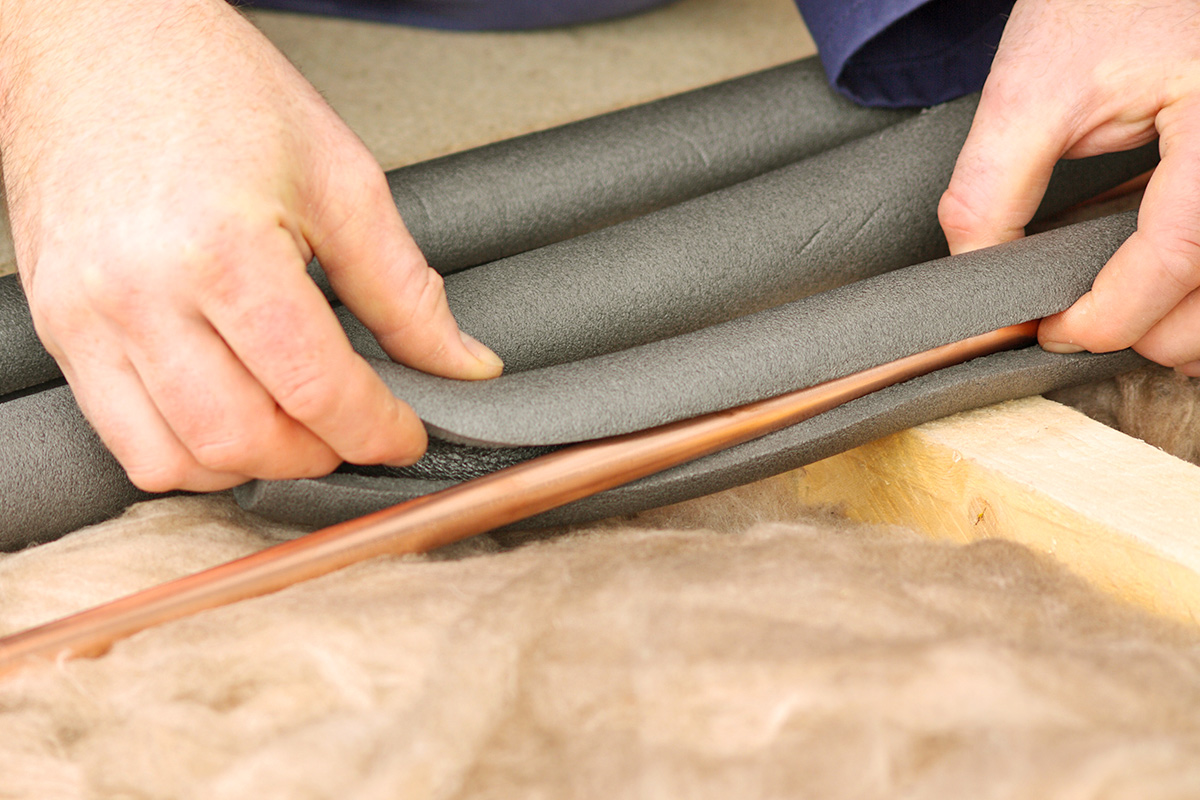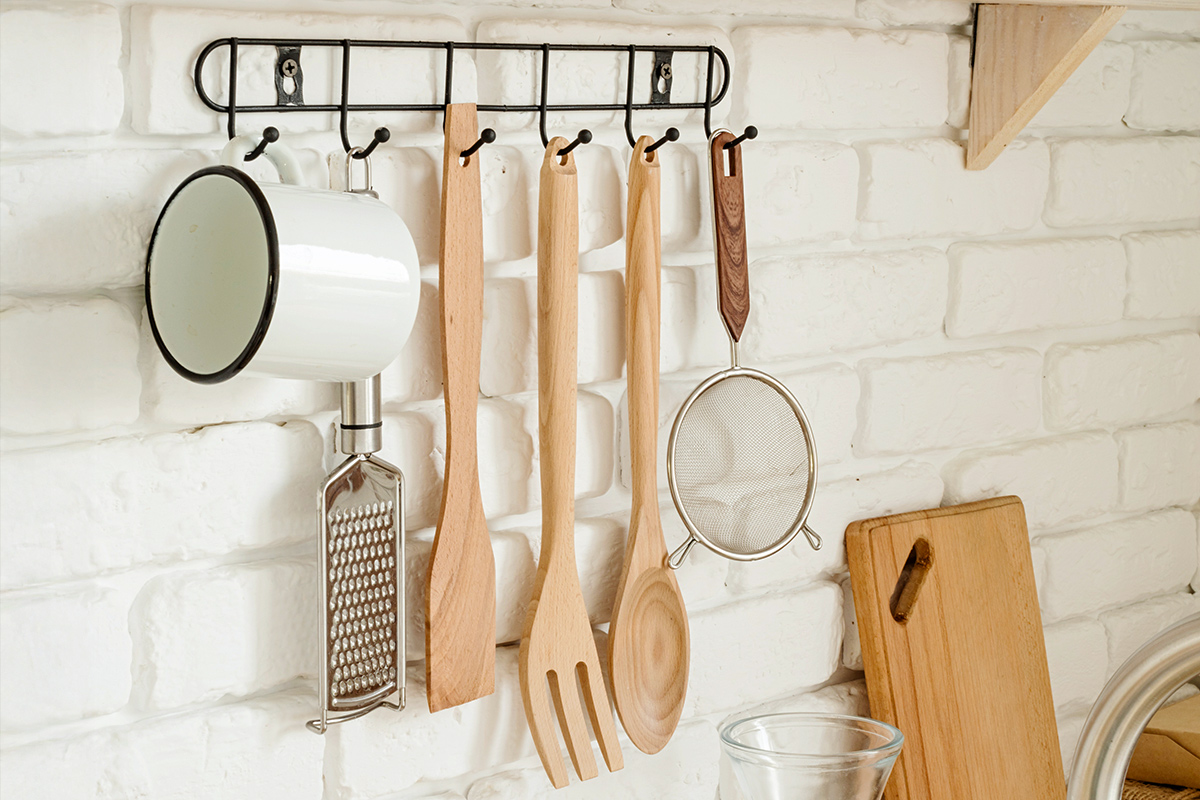It’s an understatement to say buying a home is exciting, and it’s also an understatement to say that a home inspection is important. Before you get swept up in imagining cozy winter nights by the fireplace or what tile you’ll choose for the bathroom, it’s critical to understand the condition of the property you’re eyeing.…
“A home inspection is meant to make sure the home is safe and well kept but is also a great opportunity to get to know your home,” says Kori Sassower, founder and principal agent at The Kori Sassower Team, which serves the New York metropolitan area.
Here are 10 key questions to ask during the inspection process.
1. How Old Is the Roof and Has It Ever Leaked?
Inspectors check a roof for missing shingles, weather damage, structural issues, and signs of water intrusion — all serious issues a buyer should consider before making an offer. If not addressed, a new roof can set a buyer back $20,000 to $100,000.
“A roof is not considered sexy when a buyer is already imagining moving into their new home,” says Val Burmester of Realogics Sotheby’s International Realty in Kirkland, Washington. But, she adds, you may need to put your dreams of a gourmet kitchen on hold to address a failing roof, which could lead to water and mold issues. “The roof is of highest importance,” Burmester says.
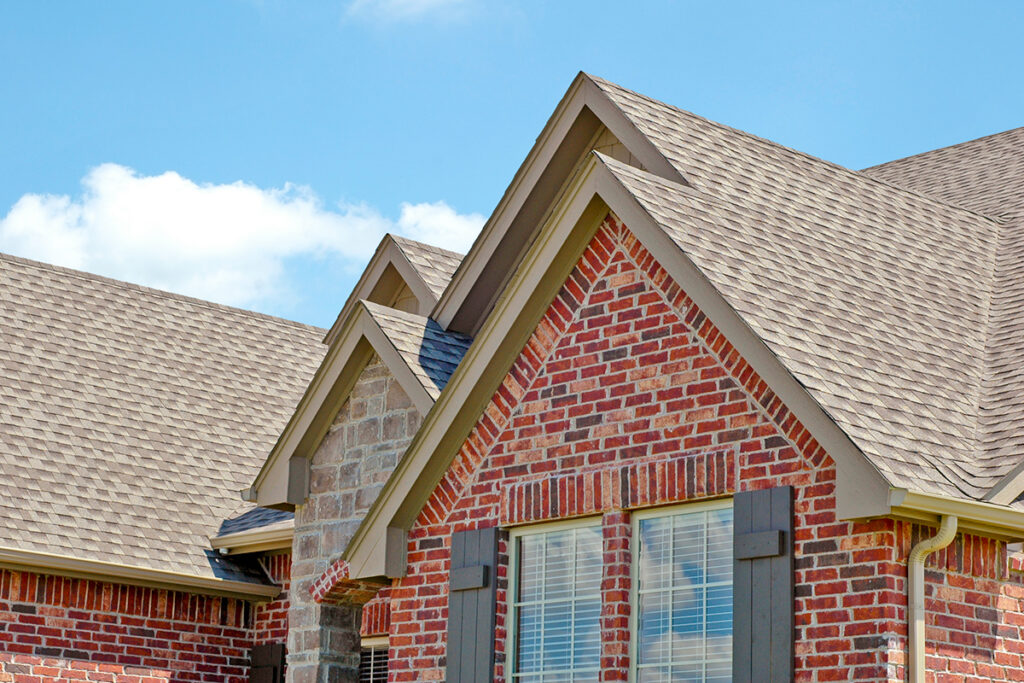
2. Are There Any Structural Issues?
Your inspector will evaluate the foundation, floors, joists, and walls for cracks, bulges, or sloping. Structural issues can quickly turn into extremely expensive repairs and might make you reconsider the purchase altogether.
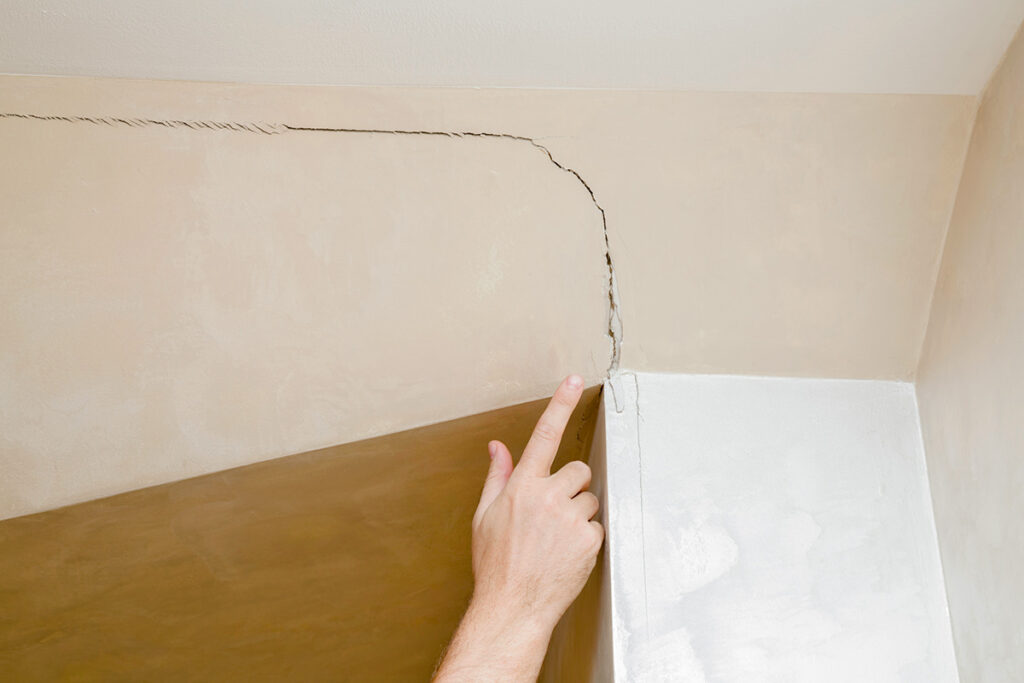
More from our network
House Outlook is part of Inbox Studio, which publishes content that uplifts, informs, and inspires.
3. What Seasonal Maintenance Should I Plan For?
Every home requires routine upkeep. Sprinklers need to be turned on and off, HVAC systems require servicing, and chimneys and fireplaces should be cleaned. “Your inspectors can help curate a schedule of the maintenance items needed by season,” Sassower says. Knowing these tasks up front will help you schedule and budget for the ongoing care your new home needs.
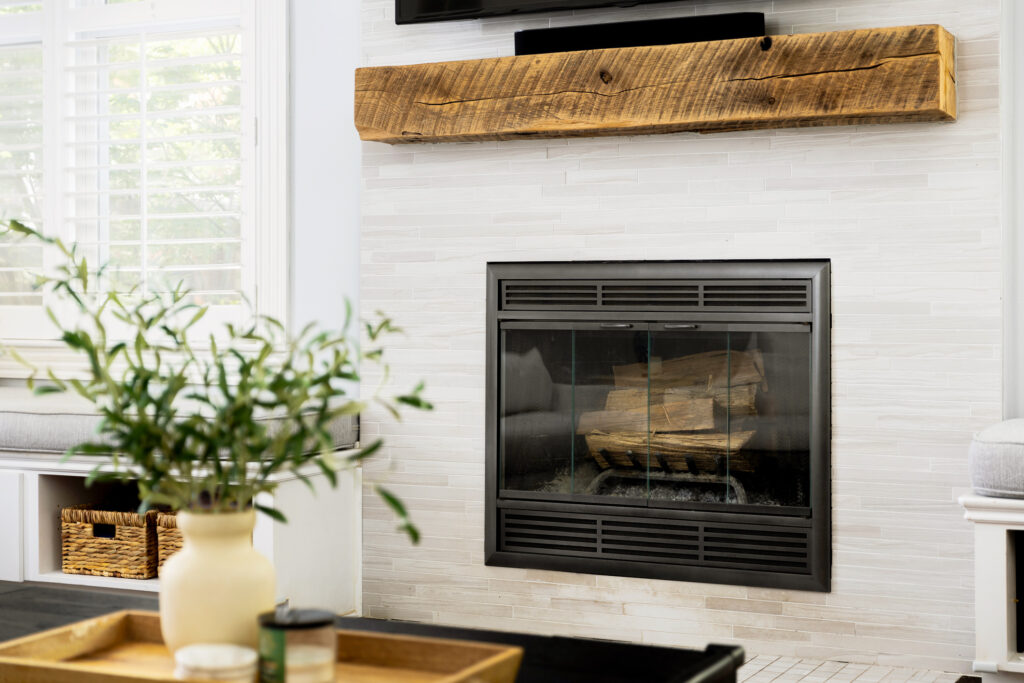
4. Is There Anywhere Animals Can Gain Access to the Home?
Burmester asks inspectors to take a close look for any nooks and crannies where critters could access the home, including through the crawl space, attic, roof, and exterior. No matter how old (or new) the home is, every house has some kind of intrusion, she says. Unsealed cracks and holes invite rodent activity and water intrusion, which are not only expensive to remediate but could also cause serious health issues.



5. Do You See Any Evidence of Mold?
Mold-prone areas include bathrooms, basements, attics, kitchens, and laundry rooms. Getting to the bottom of the water source feeding the mold is essential. “Finding that source could be the make or break of any transaction,” Burmester says. If left untreated, mold can spread throughout the home, creating health risks and steep cleanup bills.
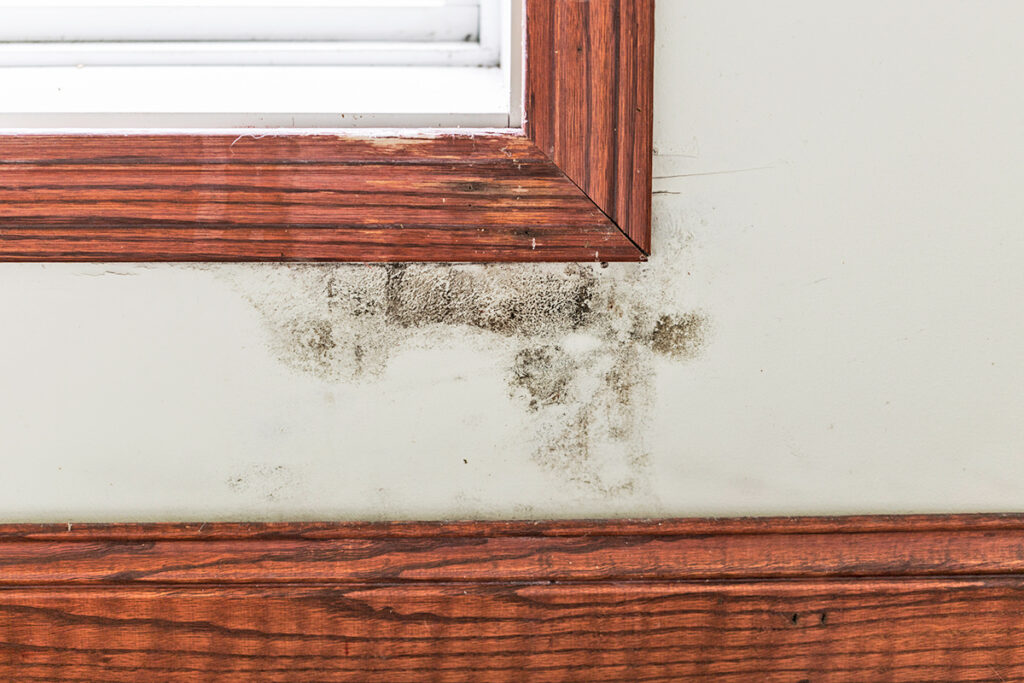
6. How Does Rainwater Flow Through the Property?
Water management is crucial. Ask if gutters are clear, if leaders are directing water away from the house, and if French drains or sump pumps are in place. “The goal is that no water permeates the house,” Sassower says. Poor drainage can undermine foundations and lead to persistent moisture issues.
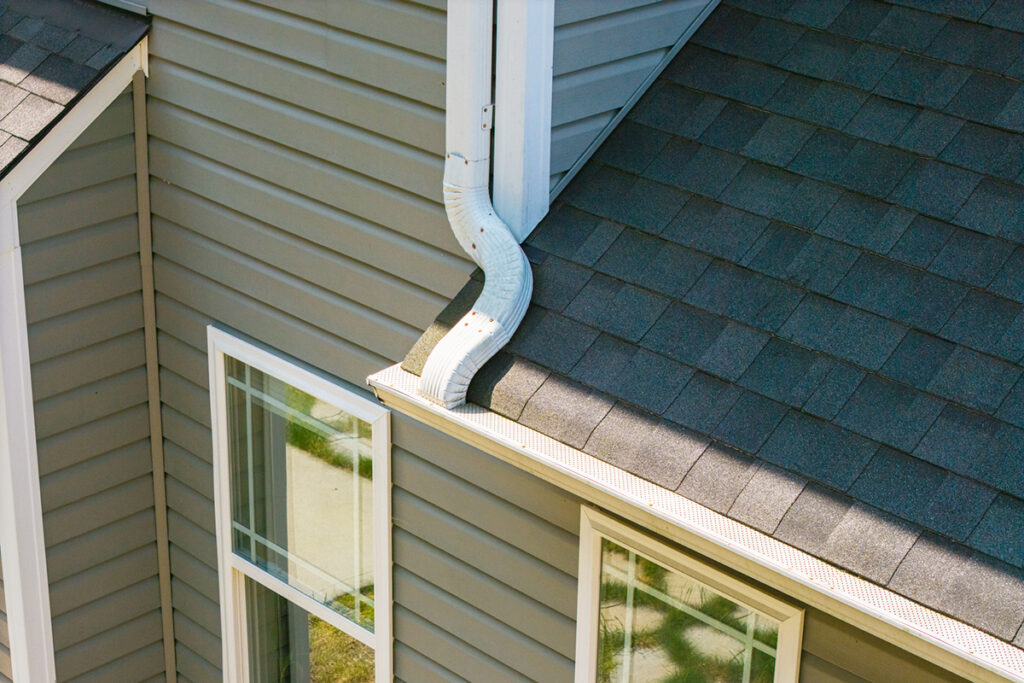
7. Is the Home’s Insulation Efficient?
No matter what climate you live in, a well-insulated home keeps energy costs in check and maintains comfortable temperatures all year long. If replacing or installing insulation is needed, you might consider negotiating the expense with the seller before closing.
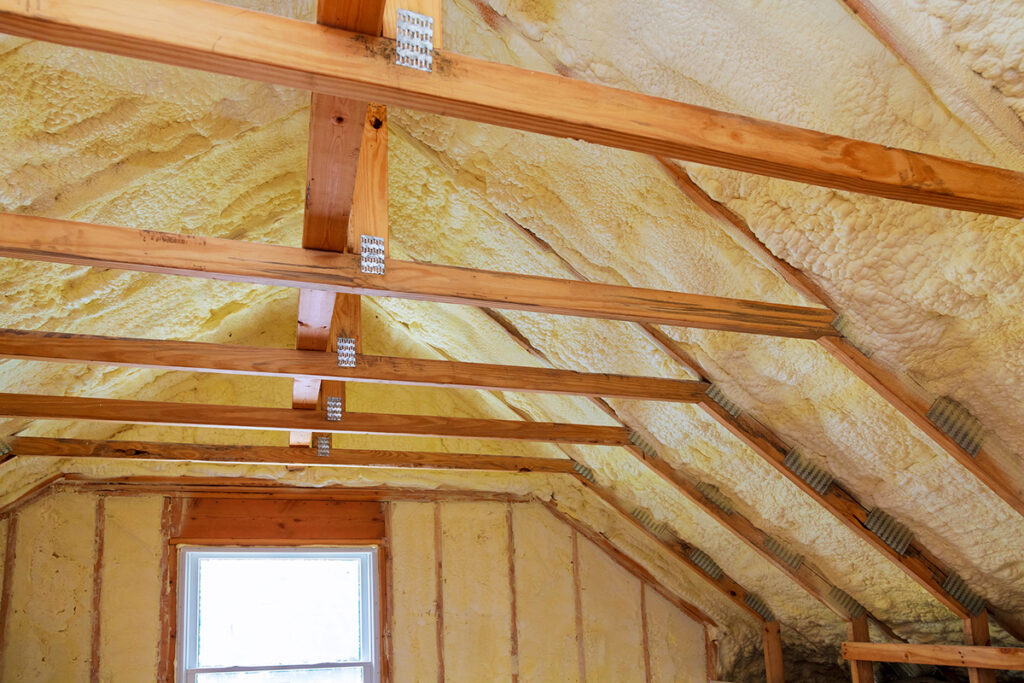
8. How Old Are the Windows?
Older homes are full of charm, but their single-pane windows are notorious for wasting energy. (Double-pane windows provide better insulation.) Inspectors should check for leaky seals, windows that don’t open or close properly, and trapped condensation. Window repair or replacement is costly, but addressing it early will save you heating and cooling expenses in the long run.
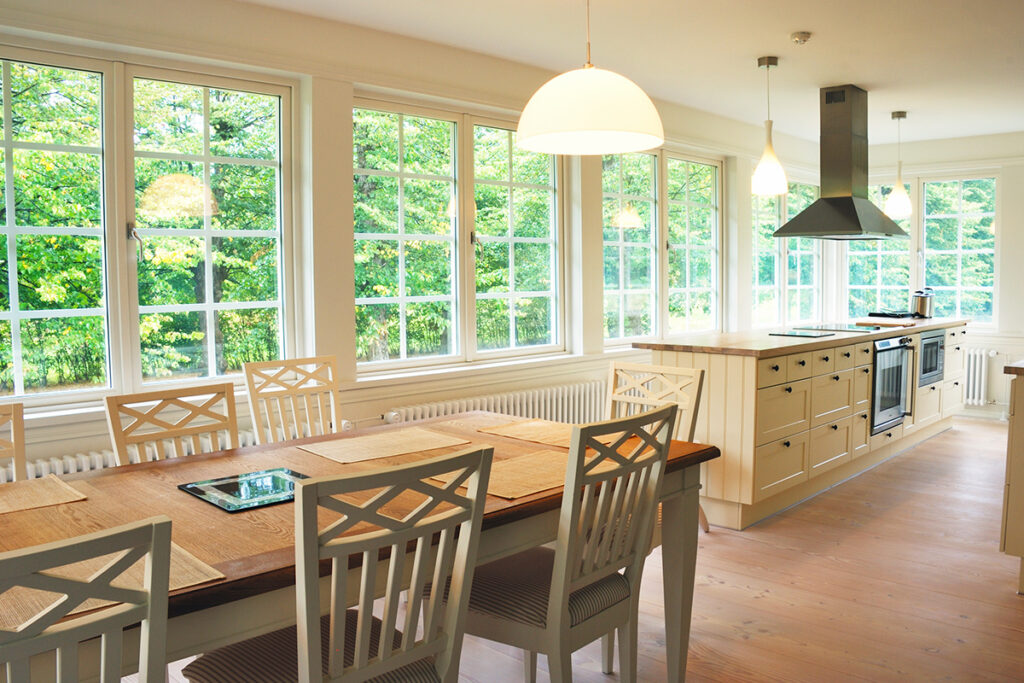
9. Is the Electrical System Up to Code?
Inspectors examine wiring, outlets, and the main circuit breaker to ensure the electrical system is safe and functional. Electrical damage should not be overlooked, as outdated or faulty systems pose a serious fire hazard and require immediate professional repair.
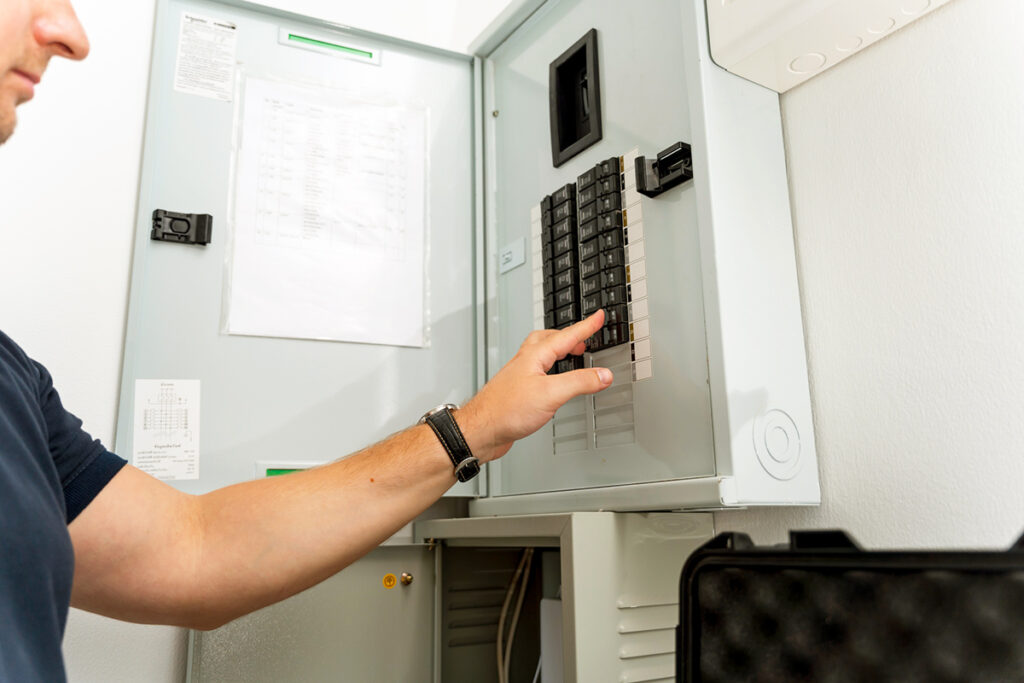
10. What Additions or Remodeling Are Permitted?
Zoning and permitting laws vary by city. Make sure any past renovations were legal and confirm that any future projects — such as a garage, deck, or gazebo — are allowed. You wouldn’t want your dream of building an accessory dwelling unit to be dashed after you purchase the home.








